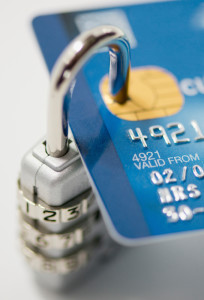Dear Liz: My husband and I will be retiring at the end of 2016. He will be 70 and will start taking his Social Security; I will be 65 soon after.
Thanks to your advice, I plan to sign up to get 50% of his Social Security benefit when I’m 66 (my full retirement age) and switch to my own benefit later.
But will my own Social Security be less because I won’t be earning any money between age 66 and 70? If so, would I be just as well off taking my own benefit at 66 or should I still wait until I’m 70? Money needs will not be an issue.
Answer: Your benefit will grow 8% every year you put off filing for your own retirement checks between age 66 and age 70. That’s a powerful incentive to delay, especially when you can get spousal benefits in the meantime.
If you did work after age 66, your benefit might increase a bit more depending on how much you earned.
Your Social Security benefit is based on your 35 highest-earning years, so a higher-earning year late in life could replace a lower-earning year earlier in life.
Your continued employment would have the biggest effect if those lower-earning years showed no or very little income.






